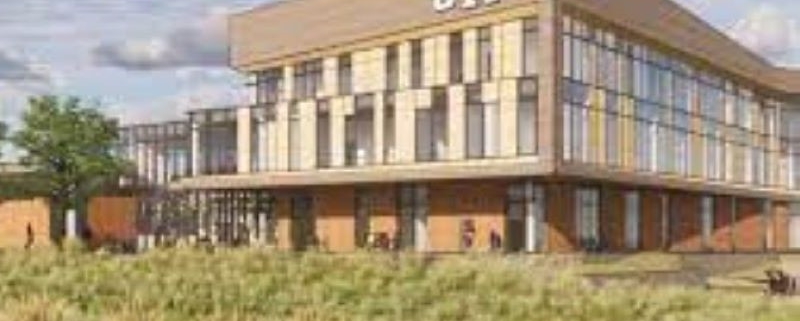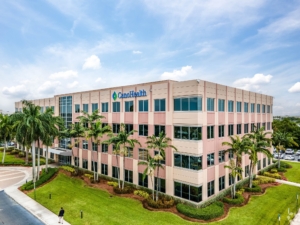Proposed Medical School In Colorado Expected To Train 100+ Doctors Each Year
Colorado Gov. Jared Polis recently joined other state leaders to announce a funding plan for a new medical school that is expected to produce about 150 doctors each year.
The school would mark Colorado’s third medical school and be part of the University of Northern Colorado in Greeley. Click here for more on the initiative for the Osteopathic Medical College.
“With this plan, Colorado will train more world-class doctors, nurses, veterinarians, and other health professionals to provide Coloradans with the care they need,” said Colorado Gov. Jared Polis according to a news release. “From Denver to Fort Collins, Greeley, and Trinidad, these new opportunities will attract students from Colorado and across the country to our communities. This will positively impact the local economy and ensure Colorado has the strong healthcare workforce needed to provide care to Coloradans today and in the future. The UNC Medical school, we are announcing the funding plan for today will graduate upwards of 150 new doctors each year to help keep us healthy. I thank our university presidents and state lawmakers for their partnership on this exciting initiative.”
According to the university, the proposed medical school is projected to bring $1.4 billion to Colorado’s economy. The governor announced his support of new legislation, HB24-0196, to fund four higher education health profession initiatives including the medical school at UNC. The bill was not available to view on the State’s legislature website last time this article was updated. The proposed legislation is a $247 million Certificate of Participation Bill intended to build infrastructure and increase the health professions workforce across the state by preparing more doctors, nurses, veterinarians and allied health professionals. If passed, the legislation would provide $128 million for UNC to construct a building for the medical college, with the remaining funding going toward other healthcare workforce projects at Metropolitan State University of Denver, Colorado State University and Trinidad State College.
“As a proud representative and alumni of the University of Northern Colorado, I am honored to carry this bill that will facilitate the financing of the college of osteopathic medicine at UNC. The college, along with the three other projects at CSU, MSU Denver, and Trinidad State College, represents the state’s largest investment in building the state’s healthcare workforce for humans and animals,” said Representative Mary Young.
The other two medical schools in Colorado are the University of Colorado’s Anschutz Medical Campus and Rocky Vista University College of Osteopathic Medicine.
Source: KKTV 11 News






